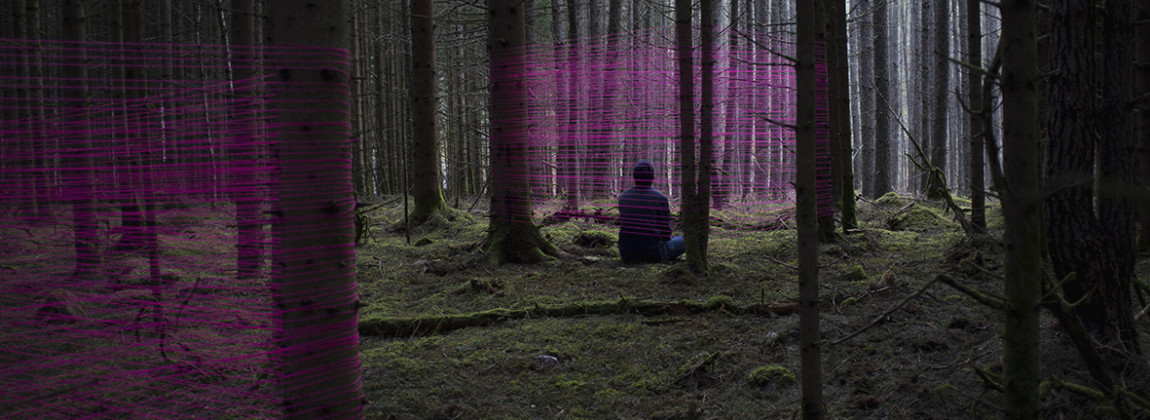- Type of project
- PhD
- Funding
- AHO PhD scholarship
- Mattias.Fredrik.Josefsson@aho.no
- Duration
- 01.09.2023 -> 31.08.2027
About the project
The project explores fieldwork in the education of landscape architects.
Traditional fieldwork involves conducting mapping exercises, creating models, conducting photographic surveys, document surveys, and interviews. Today the production and reading of images are outsourced to airborne machines, private enterprises and algorithms that produce an astronomical amount of information. In an era where image-based technology is reshaping our perceptions of what is visible and what remains hidden, it is imperative to recognize that every place, individual, and landscape possesses its unique characteristics.
The Oslo School of Architecture and Design (AHO) organizes annual fieldworks for landscape architecture students, enriching their understanding and interpretation of landscapes. Through the utilization of measurement tools, collection of material samples, participation methods and analysis of microclimatic and biological conditions on-site, the collaborative construction of in-situ knowledge frequently serves as the foundation for various design exercises. To avoid the trap of adopting a singular perspective and preconceived notions about a place, it is vital to thoroughly explore the site and its surroundings from every angle, paying meticulous attention to even the subtlest details.
The PhD explores how we can strengthen these methods by examining current fieldwork in related disciplines. Additionally, it will investigate fieldwork conducted at AHO and other European landscape architecture schools to gather references and establish a framework for discussing the knowledge and methods developed through past fieldwork. The aim should be to outline and discuss these with the ambition to strengthen and develop new pedagogic tools for future fieldworks.
This research will introduce methods for sensing the existing landscapes through new means of participation and by applying techniques from other humanistic and social sciences as well as artistic approaches. These approaches must recognize that each landscape possesses its distinct site-specific characteristics and should be scrutinized from both a non-human perspective and within a post-colonial framework. To comprehensively capture all parameters during fieldwork, we should find ways to teach how to consider multiple fields of action while simultaneously discussing how to represent the findings in our visual representations of the site.
Photo: “In situ registrations”, Mattias-F-Josefsson, 2014.





